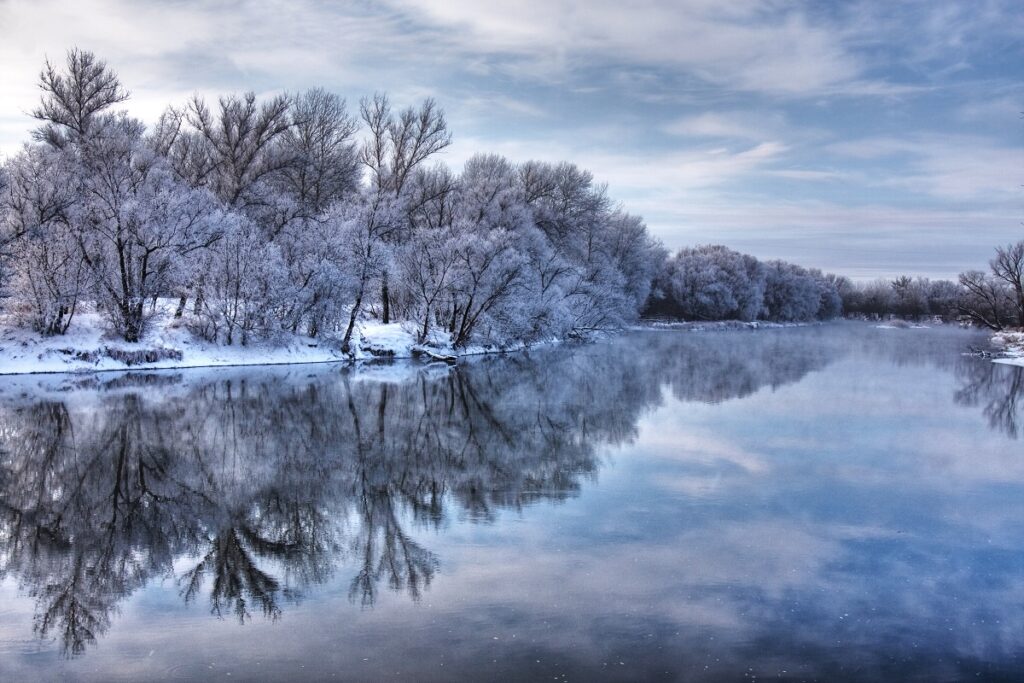
Freshwater Future Weekly: December 3, 2021
THIS WEEK: Canadian Federal Government Underfunding First Nations’ Water Systems + Thank you for Your #GivingTuesday Generosity + U.S. Supreme Court Opinion Rules Groundwater Must Be Shared + Groups Convene to Talk Transboundary Water Issues at the Great Lakes Network Fall Gathering
Canadian Federal Government Underfunding First Nations’ Water Systems
The parliamentary budget officers report says the Liberals are not allocating enough funds for First Nations communities to operate their water and wastewater systems. While the government has budgeted enough to address the capital costs to build water and wastewater systems over the next five years, they are short an estimated $138 million annually to maintain water and wastewater services on reserves, when compared to non-First Nations communities of the same size. The Liberals made a promise in 2015 to end all boiled-water advisories of First Nations communities by 2021. There are still 43 advisories on 31 communities with federally supported systems. There are also a number of water systems that are deemed moderate to high risk of failure if not adequately supported. The human right to safe water should be of highest priority for everyone.
Thank you for Your #GivingTuesday Generosity
On November 30th, people around the world came together to thank, help, give, show kindness, and share what they have with those in need. Freshwater Future extends a heartfelt thank you to everyone who made donations to our #GivingTuesday campaign! Your donations help us continue our impactful work to help people access safe, clean drinking water around the Great Lakes region.
U.S. Supreme Court Opinion Rules Groundwater Must Be Shared
A long running dispute between Mississippi and Tennessee over ownership of a groundwater aquifer was recently ruled on by the U.S. Supreme Court. They unanimously ruled that the aquifer must be shared, setting a precedent for other states in the future on how they will handle water disputes as water becomes more scarce in the midst of climate change. This ruling affirms the idea behind eastern water law of reasonable use. In other words, you can’t claim rights to all of the water by being the first to use it, instead you have to use shared water reasonably so it doesn’t impact your neighbors.
Groups Convene to Talk Transboundary Water Issues at the Great Lakes Network Fall Gathering
Big threats to the health of our Great Lakes require partnerships and teamwork. The Great Lakes Network was created to bring together an array of diverse perspectives and backgrounds to foster creative problem solving and innovation to advance water policy. More than 40 people representing grassroots groups to large non-profits, from Minnesota to New York and Ontario, and everywhere in-between, convened virtually on November 17-18 to celebrate and strengthen collaborative efforts. Kristy Meyer, Associate Director for Freshwater Future and coordinator of the Great Lakes Network shared, “When we unite we can create win-win-win solutions for the health of the Great Lakes, people, and wildlife.” Visit the Great Lakes Network webpage to learn more and to become a member.